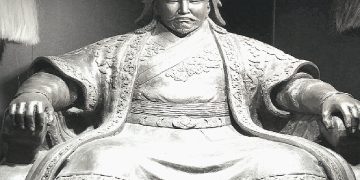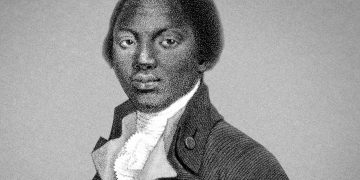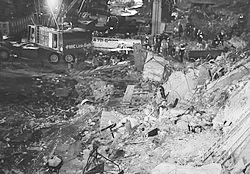Dedan Kimathi
Dedan Kimathi was a prominent figure in the Kenyan struggle for independence against British colonial rule. Born in Nyeri, Kenya, Kimathi played a crucial role in leading the armed resistance against the British colonial government in the 1950s.
Kimathi’s early life was marked by a strong sense of justice and a desire for freedom. He joined the Mau Mau movement, an anti-colonial resistance group that sought to end British rule in Kenya. Kimathi quickly rose through the ranks and became one of the movement’s key leaders.
Under Kimathi’s leadership, the Mau Mau movement carried out a series of guerrilla attacks against the British authorities and their collaborators. Kimathi’s strategic acumen and unwavering commitment to the cause inspired many to join the fight for independence.
Despite facing overwhelming odds and harsh reprisals from the British colonial forces, Kimathi refused to back down. He continued to lead the resistance until his capture in 1956. Kimathi was subsequently tried and sentenced to death for his role in the rebellion.
Kimathi’s legacy as a freedom fighter and a symbol of resistance lives on in Kenya and beyond. His courage, leadership, and sacrifice continue to inspire generations of Kenyans to fight for justice, equality, and independence.
Dedan Kimathi’s legacy extends beyond his role as a military leader in the Mau Mau rebellion. He is celebrated for his unwavering dedication to the cause of Kenyan independence and his commitment to the ideals of freedom, justice, and self-determination.
Kimathi’s leadership was characterized by his ability to mobilize and unify diverse groups of people in the fight against colonial rule. He inspired a sense of pride and solidarity among Kenyans from different ethnic backgrounds, rallying them to join the struggle for independence.
Kimathi’s capture and subsequent execution by the British colonial authorities turned him into a martyr and a symbol of resistance. His defiance in the face of adversity and his refusal to compromise on the principles of freedom and sovereignty made him a legendary figure in Kenyan history.
Despite international appeals for clemency, Kimathi was sentenced to death following his capture and trial by the British colonial authorities, and subsequently hanged at Kamiti Prison in Nairobi on February 18, 1957. His execution marked a significant moment in Kenya’s struggle for independence and cemented his legacy as a symbol of resistance and sacrifice.
In the years since Kimathi’s death, his image and legacy have been commemorated in various ways, including through statues, memorials, and cultural works. His name is invoked in political speeches, songs, and literature as a reminder of the sacrifices made by those who fought for Kenya’s independence. You may also like
Dedan Kimathi’s story serves as a reminder of the enduring struggle for justice and liberation. His courage and determination continue to inspire individuals and movements around the world who are fighting against oppression and injustice. Dedan Kimathi’s name will forever be etched in the annals of Kenyan history as a symbol of resistance and the quest for freedom.
Dedan Kimathi’s name is synonymous with the struggle for independence in Kenya, and his memory remains a powerful symbol of the fight against oppression and colonialism.













Comments 2